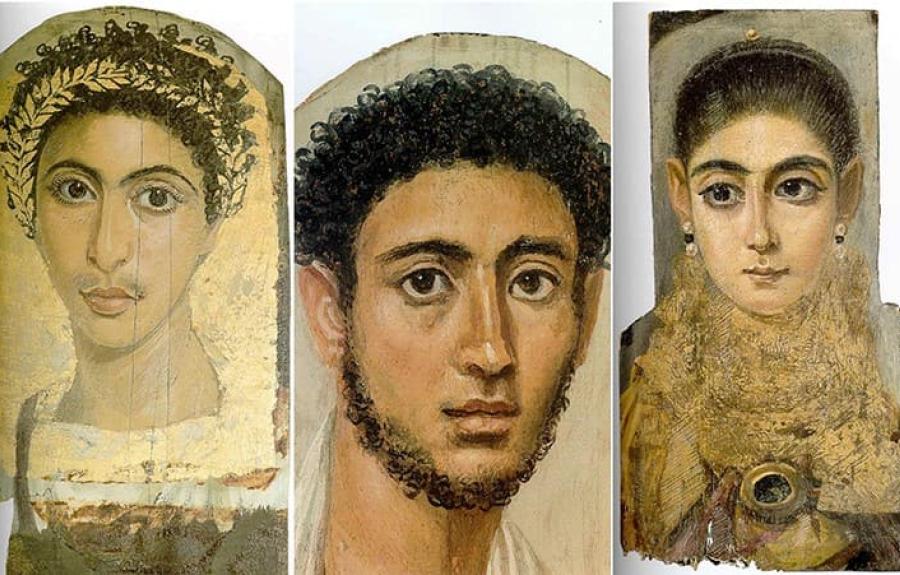
The Cornell Department and Field of Classics announces the following actions within our own community to foster diversity, equity, and inclusion in Classics:
Diversifying Our Community
We affirm our commitment to diversity in hiring. To this end, we have welcomed new faculty and postdoctoral associates from a broad range of backgrounds and with specialties that lead to an inclusive study of the ancient world.
We affirm our commitment to access and inclusion. To build solid foundations for the diversity of our field, we have introduced:
- a Bridge MA Program that will offer a fully-funded fellowship to a student, and
- a recruitment award for one incoming PhD student each year who qualifies for a Cornell diversity fellowship.
Research and Community Building
We have introduced a workshop, “Critical Conversations in Classics,” open to all students and faculty, in order to encourage department-wide discussion of urgent social justice topics in scholarship, pedagogy, and academic community-building. The topic for the 2022-2023 academic year is “Slavery and Human Bondage.” Previous topics included “Classics and Postcolonial Theory,” “Antiracism in Theory and Practice,” and “Classicism and Antiblackness.” Future topics will include queer theory and environmental theory and classics.
In order to make space for scholars from groups historically underrepresented in Classics, we commit to inviting scholars from a more diverse range of backgrounds to speak at our research seminars and conferences. We commit to co-sponsoring lectures with a wide range of departments and programs where relevant and possible.
We have formed a Committee for Diversity, Equity, and Inclusion to address issues relating to department climate and to propose further action items.
We have a number of departmental groups that are focused on issues of diversity and equity, including a graduate student group, Diversitas, as well as a group open to all people of color in the Cornell Classics community, Cornell Classicists of Color. Many of our archaeology students also play leading roles in the CIAMS Anti-racism and Anti-colonialism (ARCO) Interest Group.
Pedagogy
We welcome students of all backgrounds and levels of expertise to the study of antiquity and have introduced an “Active Learning Initiative” focused on the development of introductory classes aimed at students across the university.
We have introduced, through a course called “Craft of Classics,” a series of pedagogy workshops for graduate instructors to develop inclusive teaching strategies and to address the teaching of difficult subjects like race, slavery, gender and sexuality, and sexual violence in antiquity.
Several of our faculty have revised and developed syllabi as part of Cornell’s Faculty Institute for Diversity.
With a view to diversifying our curriculum, we are collectively engaged in revising and developing new ones. Recognizing that classical antiquity provides examples of many differing and contradictory social models and offers the opportunity to examine social inequality in many forms, we seek to offer courses that will foster awareness of, among other things, the uses and abuses of classicism, both historically and in contemporary culture. Courses that engage with social diversity and inequality in the ancient world and/or the complex legacy of classicism include (but are not limited to):
- “Great Discoveries in Greek and Roman Archaeology”
- “Statues and Public Life”
- “Magic and Witchcraft in the Greco-Roman World”
- “Egyptomania: Imagining Egypt in the Greco-Roman World”
- “Cleopatra’s Egypt”
- “Archaeology of the Roman World: Italy and the West”
- “An Introduction to the Ancient World in 24 Objects”
- “Archaeology of Roman Private Life”
- “Slavery in the Ancient World”
- “Identity in the Ancient World”
- “Race and Ethnicity in the Ancient World”
- “Climate, Archaeology, and History”
- “Archaeology of the Hellenistic Mediterranean”
- “Classics and Contemporary Art”
- "What is Classics?", a critical history of the discipline
From Spring 2023, we will offer a 1-credit course on “Classics in the 21st Century” aimed at undergraduates who wish to learn more about the challenges of studying Classics today, including the problematic history of classicism and white supremacy, the complicity of Classics with empire and settler colonialism, and the various political uses of Greco-Roman myth. As an introduction to the discipline, we hope to offer undergraduates the chance to think through for themselves received ideas about what the classical past, and what our relationships to it, is.
Financial Support
We recognize that there are financial costs involved in studying Classics. We seek to address student hardship through financial support for The Sportula in addition to supporting the development of resources available for students at Cornell.
